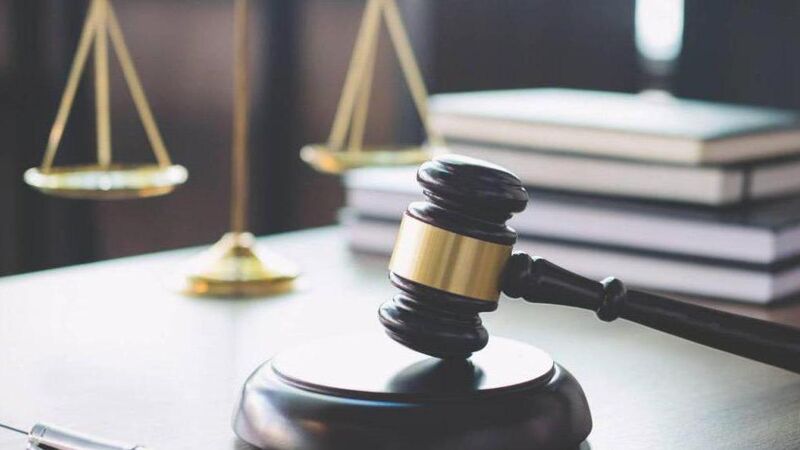Report recommends anonymity of victims and defendants in sexual crimes

Suspects charged with sexual crimes should be granted anonymity unless and until they are convicted, according to a new report.
It is one of the recommendations from a review of protections given to vulnerable witnesses in such cases.











